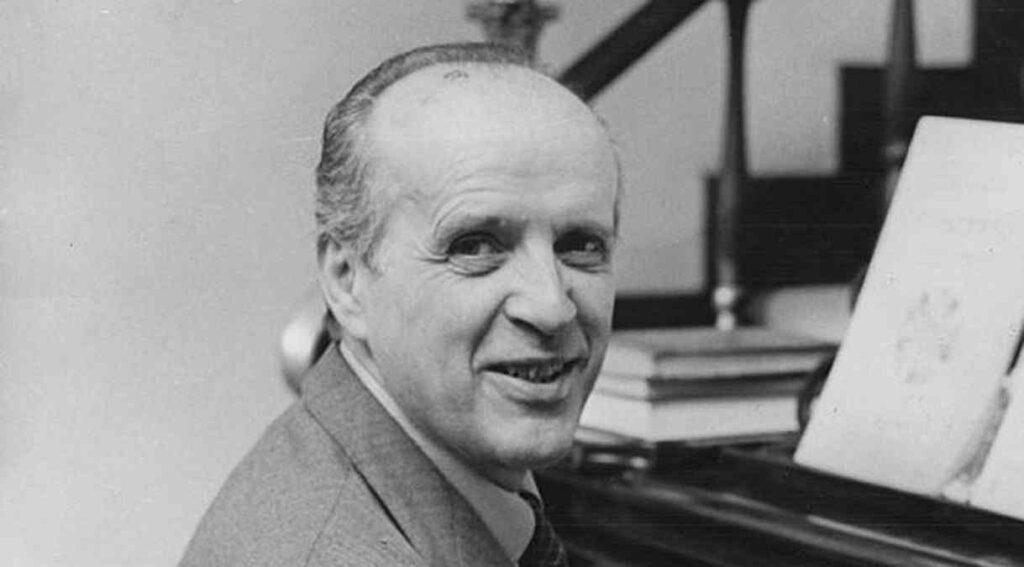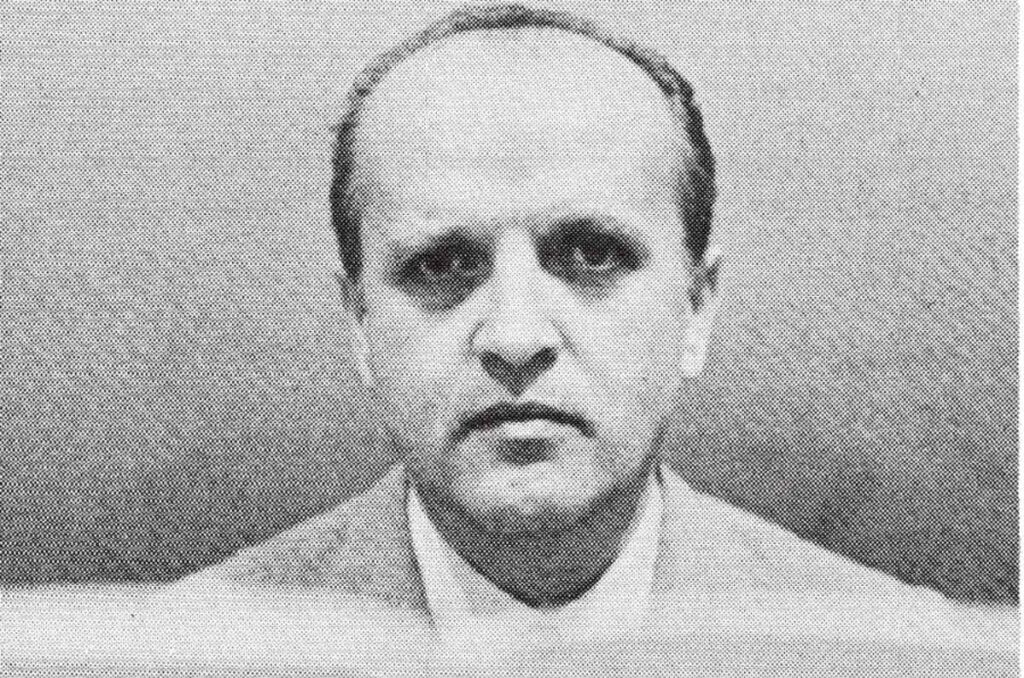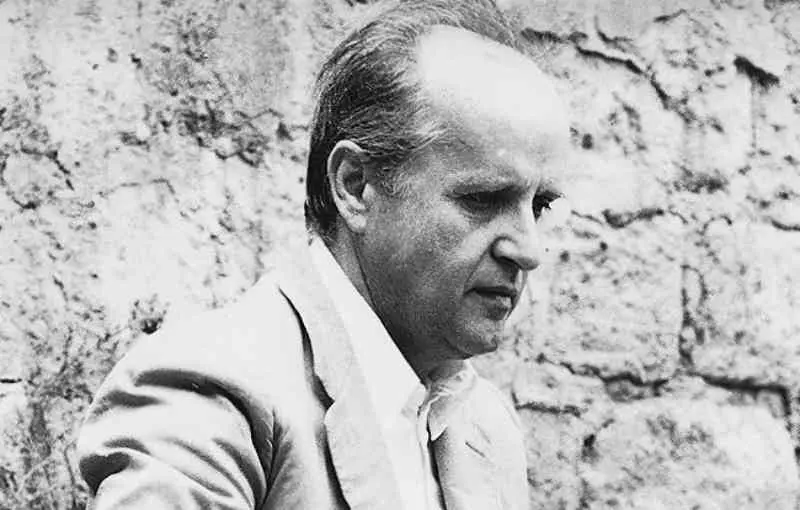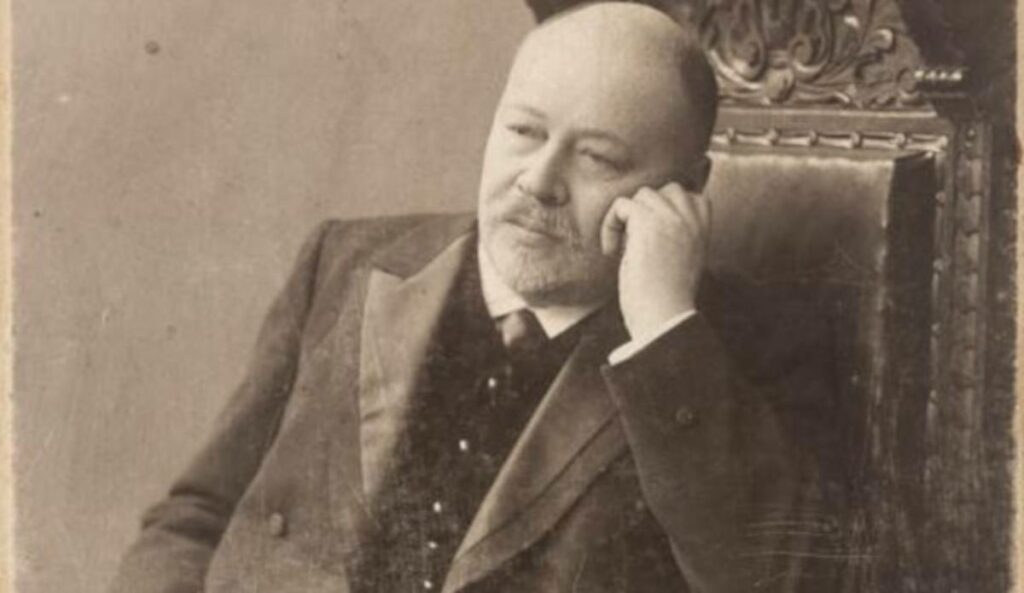Nino Rota is a composer, musician, teacher. During his long creative career, the maestro was nominated several times for the prestigious Oscar, Golden Globe and Grammy awards.

The popularity of the maestro increased significantly after he wrote the musical accompaniment to films directed by Federico Fellini and Luchino Visconti.
Childhood and youth
The composer's date of birth is December 3, 1911. Nino was born in colorful Milan. He was destined to become one of the most influential composers of the XNUMXth century.
At the age of 7, he sat down at the piano for the first time. Mom taught her son to play a musical instrument, as it was their family tradition. Some time later, Nino Rota impressed the whole family with original improvisation.
When the guy was 11 years old, the head of the family died. He was not destined to attend a concert at which his brilliant son performed. On stage, Nino played an oratorio of his own composition. Such compositions are difficult to write even for experienced composers. The fact that at the age of 11 the guy managed to compose a piece of music of such a level spoke only about one thing - a genius performs in front of the audience.
Oratorio is a piece of music for choir, soloists and orchestra. Previously, compositions were written exclusively for the Holy Scriptures. The heyday of the oratorio came in the XNUMXth century, during the time of Bach and Handel.
After the death of the head of the family, the mother, Ernest Rinaldi, took up the upbringing of her son. Nino's mother was an honored pianist, so she had the opportunity to work hard with the boy. The death of the pope shocked Nino, but at the same time, the emotions he experienced inspired the guy to create an oratorio. In one of the interviews, he recalls:
“I was sitting at home playing my favorite musical instrument. While my peers were addicted to children's games ... ".
In the early 20s, the work of the young composer was performed within the walls of a Parisian concert hall. At that time, Nino was only 13 years old. He presented to the demanding audience his first large-scale work - an opera, which was written based on Andersen's work. Fortunately, some of the works that Nino wrote before 1945 are preserved in the archives. Many of the composer's works were burned during the bombing of Milan, and the specialists failed to restore the works.

The creative path of Nino Rota
Music critics speak warmly of the maestro's debut works. First of all, the specialists were bribed by the integrity of musical works, as well as their richness and "maturity". He has been compared to Mozart. Nino Rota had not yet reached the age of majority, but already had a certain status in the creative environment.
There were times when the composer honed his knowledge in the educational institutions of Rome, Milan, Philadelphia. Nino received his degree in the United States. In the 30s of the last century, he began teaching. Then in his repertoire there was already one work that the composer wrote for the film by R. Matarazzo.
In the mid-40s, he wrote several musical accompaniments for the films of the brilliant director R. Castellani. The maestro will work with him more than once. The fruitful cooperation of men will lead to the fact that the name of Nino Rota will sound at the prestigious film awards ceremony.
His music is featured in films by: A. Lattuada, M. Soldati, L. Zampa, E. Dannini, M. Camerini. In the early 50s, the film "The White Sheik" was broadcast on the screens. Nino was lucky enough to work with Fellini himself. Interestingly, the process of the work of the two geniuses proceeded in a very unusual way.

Nino Rota collaboration with Fellini
Fellini had a peculiar character. He rarely managed to find a common language with the actors and assistants. Nino Rota somehow managed to be on the same wavelength with the demanding director. The filming of films was almost always carried out with the creation of a soundtrack.
Fellini expressed his thoughts to the maestro, often he did it with his usual emotionality. The dialogue between the two creators took place when the maestro was at the piano. After Fellini explained how he sees the piece of music, Nino played the melody. Sometimes the composer listened to the wishes of the director, sitting in an armchair with his eyes closed. He could hum the melody that came to mind while Nino conducted at the same time. Fellini and Nino were united not only by common creative interests, but also by strong friendship.
With the advent of popularity, the composer was not limited to writing musical works exclusively for films. Nino worked in the classical genre. For a long creative life, he managed to write a ballet, ten operas and a couple of symphonies. This is a little-known side of Roth's work. Modern admirers of his works are mostly interested in the soundtracks for the tapes.
At the end of the 60s of the last century, F. Zeffirelli filmed the play Romeo and Juliet. The director carefully treated the author's text. In this film, the main plays went to actors whose age corresponds to the age of Shakespeare's characters. Not the last place in the popularity of the play should be given to musical accompaniment. Nino composed the main composition a few years before the premiere of the tape - for the theatrical production of Zeffirelli.
When Nino composed musical works, he took into account the plot and the characteristics of the main characters. Each composition, released from the maestro's pen, is seasoned with Italian "pepper". The melodies of the maestro are inherent in tragedy and emotionality.
Interestingly, the experts did not take the maestro's classical works seriously. He was considered a film music genius. This status frankly offended Nino. Alas, during his lifetime he never managed to prove to his fans that his creative abilities are much wider than it might seem at first glance.
Details of the composer's personal life
He was a closed person. Nino did not like to let strangers into his life. Rota practically did not give interviews and did not disseminate details about matters of the heart.
He was unmarried. In the 70s of the last century, there were rumors about the composer's non-traditional sexual orientation. Somewhat later it turned out that he had an illegitimate daughter. Rota was in a relationship with the pianist for some time, and she gave birth to an illegitimate child from the maestro.
Interesting facts about the maestro
- He wrote musical accompaniment to more than 150 films.
- The name of the composer is the conservatory in the town of Monopoli - Conservatorio Nino Rota.
- In the early 70s, the longplay, which included music from The Godfather, became the best-selling album. The record held this status for about six months.
- In Fellini's film "Eight and a Half", he appears not only as the author of music, but also as an actor. True, Nino got a cameo role.
- He could speak Russian a little.
Death of Nino Rota
The last years of the composer's life were just as eventful. He performed on stage until the end of his days. The maestro passed away at the age of 67 while working on a Fellini film. Nino's heart stopped beating half an hour after the end of the orchestra rehearsal. He died on April 10, 1979.



